Publications
Articles, publications, books, tools and multimedia features from the U.S. Institute of Peace provide the latest news, analysis, research findings, practitioner guides and reports, all related to the conflict zones and issues that are at the center of the Institute’s work to prevent and reduce violent conflict.
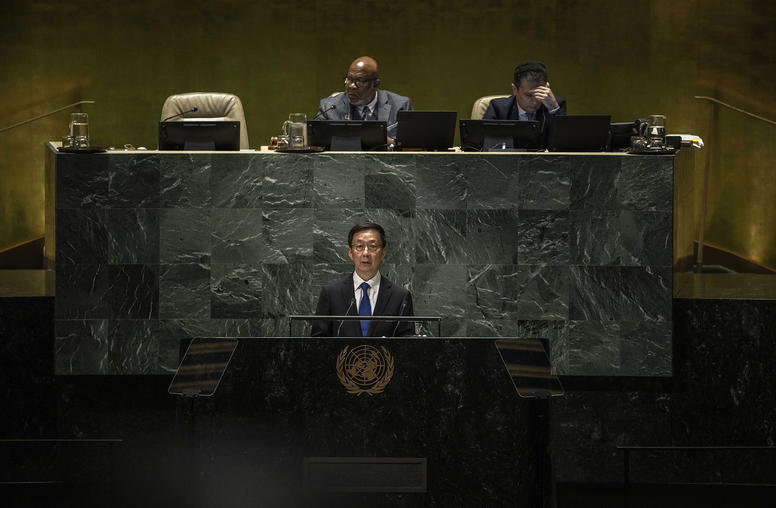
As China Looks to Reform Global Governance, How Does It Approach the U.N.?
As China has increasingly positioned itself as a global leader and foremost champion of the Global South, Xi Jinping and other top Communist Party officials have been vociferous in their critiques of the U.S.-led international order. Through a bevy of initiatives and proposals — like Xi’s Global Security Initiative — offered in recent years, Beijing has made clear that it wants to see a wholesale reform of global governance. At the June 2022 BRICS summit, for example, Xi called for a “new type of international relations” that rejects hegemony and zero-sum thinking. What this ultimately amounts to is Beijing’s effort to undermine U.S. global leadership as the U.S.-China rivalry intensifies.

For the Philippines, Maritime Security Goes Beyond U.S.-China Rivalry
Maritime security is a critical issue for Southeast Asia and the geopolitical underpinnings of this topic cannot be underestimated. This is especially the case for small powers as they navigate a maritime domain that is caught in the middle of — and driven by — great power politics. While maritime security in Southeast Asia is often the stage on which the U.S.-China competition plays out, this extends beyond the competing claims of regional states in the South China Sea, with important environmental and resource issues also at stake. Within this context, the Philippines is in a unique position for three reasons.
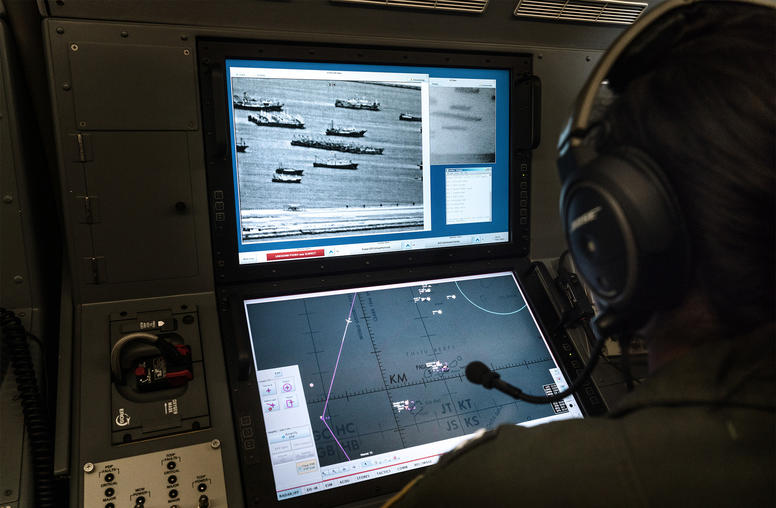
How to Help ASEAN Address South China Sea ‘Gray-zone’ Challenges
In early August, a Chinese coast guard vessel fired a water cannon at a Philippine supply boat, in what was yet another example of Beijing’s so-called “gray-zone” tactics in the South China Sea. These gray zone activities are a form of slow intensity conflict that China has increasingly employed over the last year to assert its territorial claims in the South China Sea.
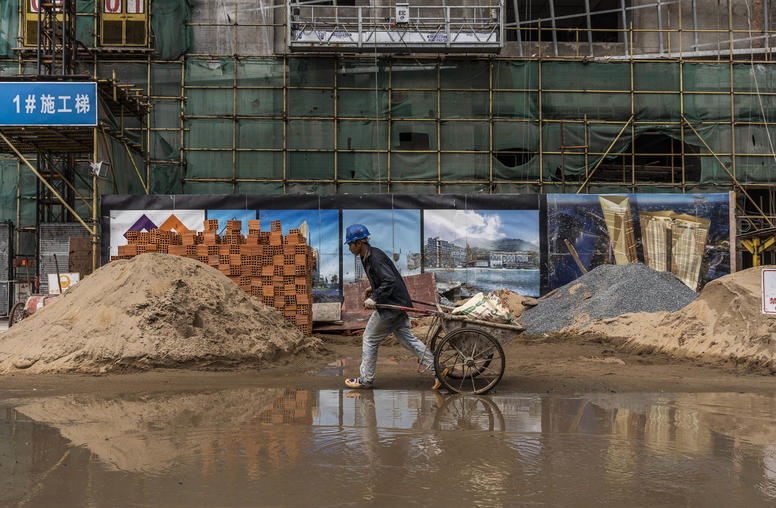
How Small States Navigate U.S.-China Rivalry: The Case of Cambodia
Amid growing distrust and an intensifying systemic rivalry, U.S.-China relations are at the lowest point in decades. In Washington, the last three U.S. administrations have sought to balance, challenge and counter China’s rises in Asia. In Beijing, revisionist leader Xi Jinping’s regime has an ambitious plan for “national rejuvenation” and views the United States as the major strategic threat to China’s ambitions. Countries like Cambodia are caught in between.

China’s Space Collaboration with Africa: Implications and Recommendations for the United States
Beijing has made support for the development of African nations’ space programs a key incentive for the continent to form closer ties with China. By contrast, although US federal agencies and universities are actively involved in research partnerships with some African countries, space technology has not been a focus of US foreign policy in Africa. This report provides an overview of China’s partnerships with Africa’s space programs and offers recommendations for boosting US engagement to advance shared diplomatic, economic, and security objectives.
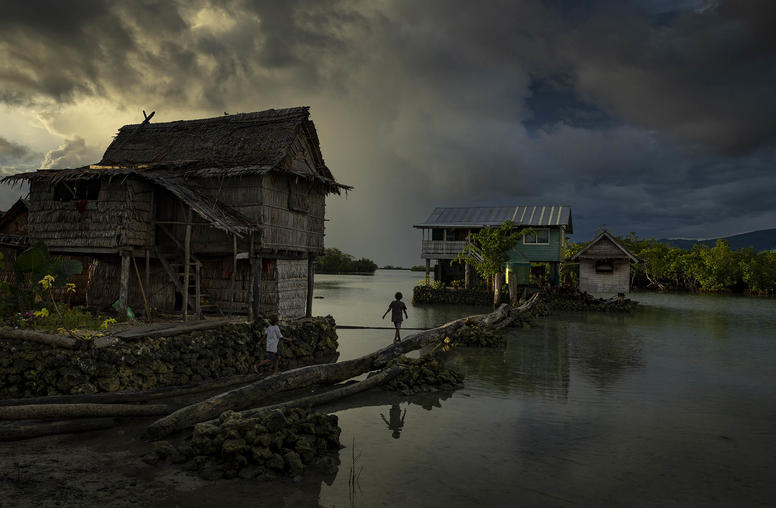
Searching for Peace in Solomon Islands
In recent years, the Pacific nation of Solomon Islands has been in the news for its controversial and secretive security pact with China. However, Solomon Islands’ peace and security is contingent on far more than treaties and its current prime minister’s shifting geopolitical allegiances.
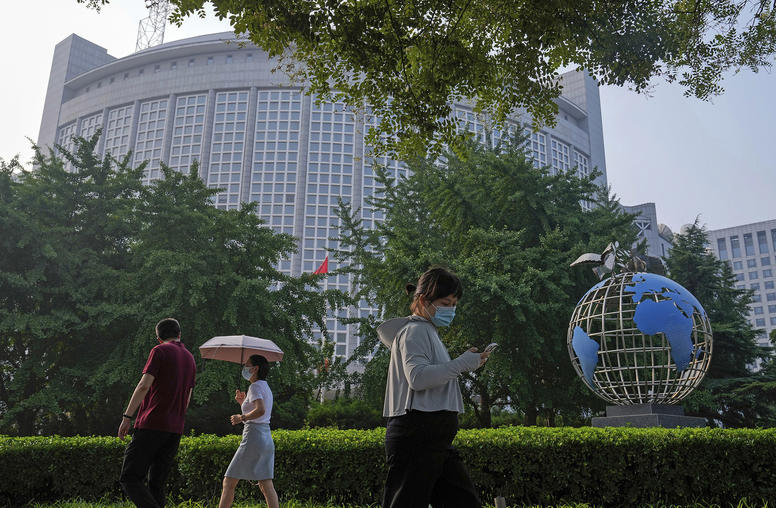
China and the Reshaping of Global Conflict Prevention Norms
As China has become a more powerful and influential actor—economically, politically, and militarily—it has demonstrated growing interest in playing a larger role in international conflict prevention and influencing established norms. This report examines Beijing’s approaches and efforts in this area, focusing on three case studies: funding projects through the UN, “Sinocentric” regional organizations, and ties with Solomon Islands. The report finds that China’s efforts around conflict prevention have a coherence that requires a similarly coherent response from the United States.
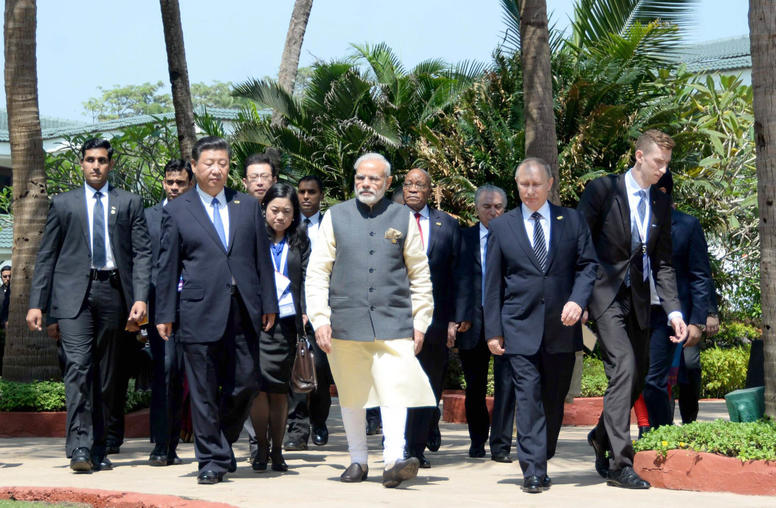
How Does China Approach Conflict Prevention?
As the United States enters a “post-Afghanistan era” and with great power competition on the rise, questions abound about the role of the world’s major powers, and the multilateral institutions they lead, in preventing conflict. Many of these questions are rightly being asked about the People’s Republic of China (hereafter the PRC or China). As it has become a more powerful and influential actor — economically, politically and militarily — China has demonstrated growing interest in playing a larger role in preventing international conflict through both multilateral and bilateral frameworks. To date, little attention has been given to China’s activities in this area, a gap in understanding our forthcoming report is designed to help fill.
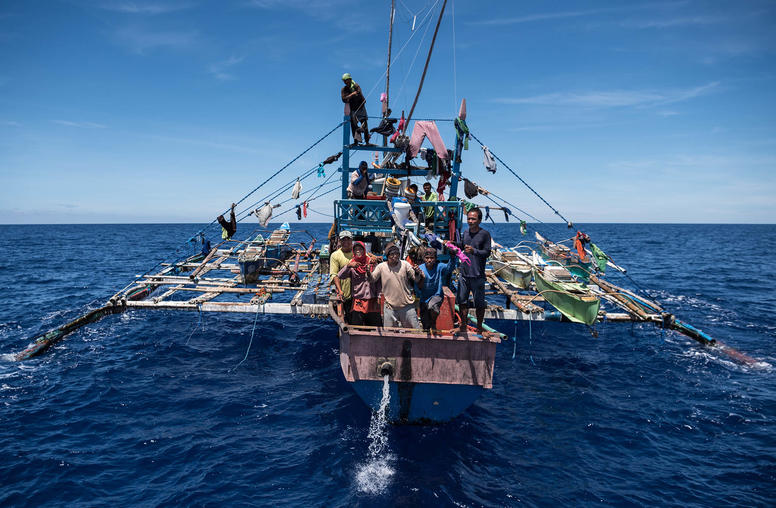
South China Sea: Crisis Communication Is Crucial to De-escalate Geopolitical Tensions
During the August 5 crisis at Second Thomas Shoal, the Philippines Department of Foreign Affairs tried to contact its Chinese counterparts through a bilateral hotline. Manila’s effort to de-escalate the standoff despite being the victim of Chinese aggression was laudable. Unfortunately, the calls went unanswered. Officials in Washington have shared the same experience on many occasions — when communication is needed most, Beijing can’t be reached.
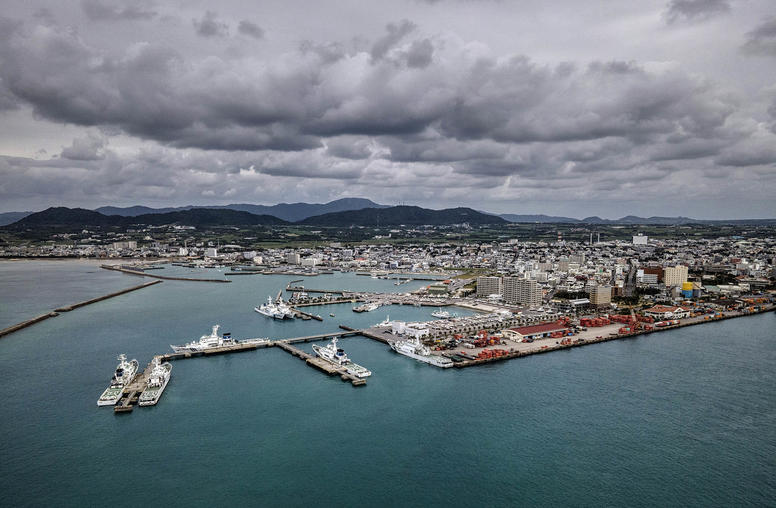
How the Japan-China Hotline Can Help Stop Crisis from Turning into Conflict
For over a decade, confrontation over maritime administration and transit has increased the risk of security incidents between Japan and China. Disputes over territorial incursions, military movements and other activities have maintained consistent friction points between these regional neighbors, begging the question of how the two sides might mitigate tactical-level incidents from becoming strategic-level crises. To that end, on May 16, the two countries’ defense ministers held their first phone call across the newly established “Hotline between Japan-China Defense Authorities.” This culminated a years-long effort to establish a viable line of communication for information exchange and crisis management.